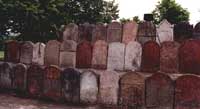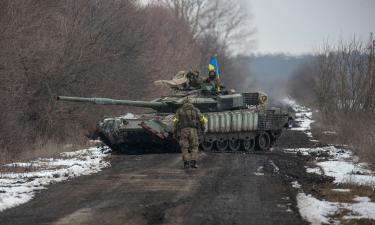Poland prepares to mark anniversary of Europe's last pogrom
Even as officials prepare to mark its60th anniversary Tuesday with wailing sirens and Hebrew prayers in the town's Jewish cemetery, the Kielce massacre still darkens relations between Jews and Poles.

On July 4, 1946, townspeople and security officers, spurred by a false rumor that Jews living at 7 Planty Street had kidnapped a Christian boy, attacked Jewish Holocaust survivors living in the building. They killed 42 people, almost all Jews, over several hours, and dozens more were also killed in a violent frenzy that spread across the area.
Kielce still looms as a symbol of a double tragedy suffered by some European Jews: to survive the years of the Nazi terror in concentration camps or in hiding, only to be massacred as they tried to rebuild their lives in their prewar homes. An estimated 1,500 Jews were killed in such violence in Poland, and there were other such cases on a smaller scale in countries liked Hungary and Romania, according to Princeton University professor Gross, the AP reports.
Gross's previous book, "Neighbors," about the collective murder of Jews in the village of Jedwabne on one day in 1941 by their Polish neighbors, forced Poles to re-examine their long-held view of themselves as solely victims of the brutality that engulfed the nation during the war and occupation by Nazi Germany.
Subscribe to Pravda.Ru Telegram channel, Facebook, RSS!




